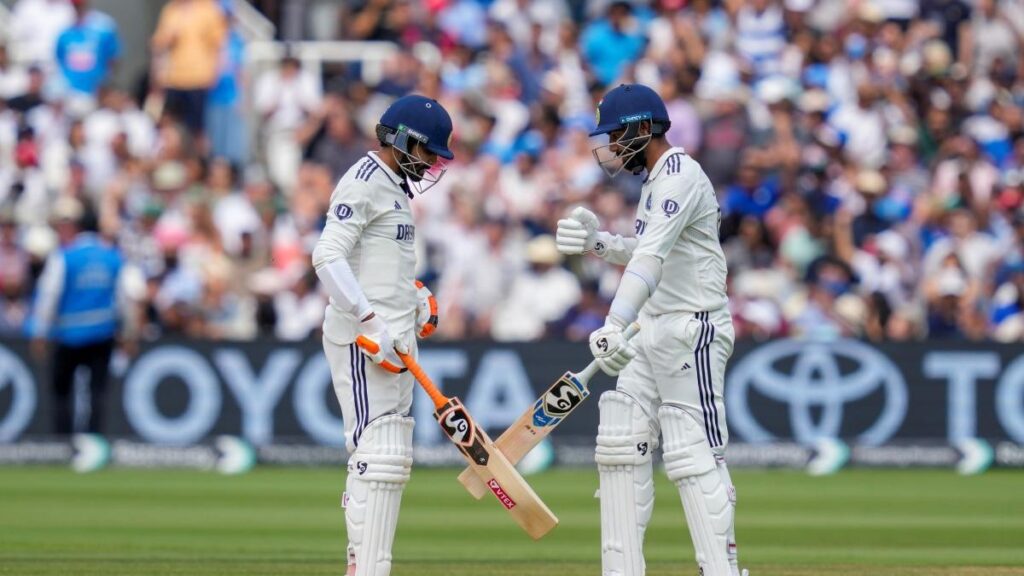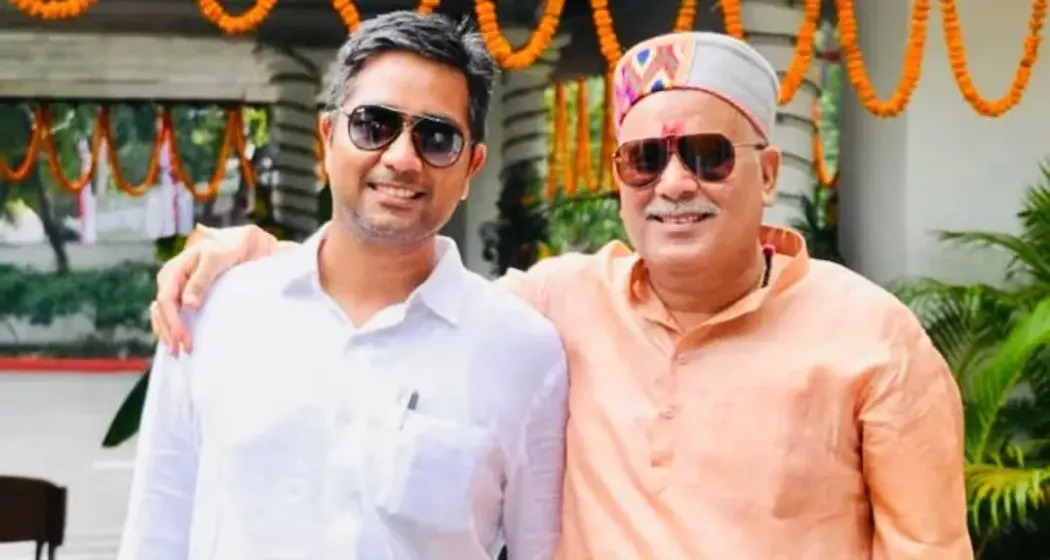In a revelation that has reignited debates in the cricketing world, Ravindra Jadeja has openly questioned a pivotal moment during a high-stakes match at Lord’s, hinting at a lack of trust in Jasprit Bumrah. According to Jadeja, a key player was hesitant to rely on Bumrah in a critical situation — not because of skill, but due to the fear of failure.
This emotional admission has fans and analysts alike revisiting the match, where decisions made under pressure possibly changed the outcome of the game. As conversations about team dynamics, trust, and performance pressure heat up, let’s delve into what really happened and what it means for Indian cricket.
The Turning Point at Lord’s: Was It About Trust or Fear?
During a recent interview, Jadeja subtly hinted that a senior teammate failed to back Jasprit Bumrah during a clutch phase of the Test at Lord’s. While Jadeja didn’t name anyone directly, his remarks were enough to stir up speculation. He noted,
“He didn’t trust Bumrah… he was afraid of failing. That moment changed everything.”
While team sports often involve complex decision-making, Jadeja’s words point toward a psychological aspect—the fear of making the wrong call under pressure. In the context of international cricket, where split-second decisions define history, this kind of hesitation can be costly.

Pressure, Performance, and the Burden of Expectations
The match at Lord’s was a pressure cooker — the kind of moment that separates the good from the great. Bumrah, India’s pace spearhead, was in rhythm and looking dangerous. However, he wasn’t given the ball during a key passage of play, leading to widespread confusion among fans and experts alike.
Jadeja’s claim now sheds light on what may have been an internal struggle within the camp. Was it a captain’s call? A senior player’s instinct? Or simply fear of risking too much? The Indian team has often prided itself on unity and aggressive leadership, but this incident raises eyebrows over strategic trust.
This situation is not just about a missed opportunity — it’s about how fear, hierarchy, and hesitation can impact elite performance.
Cricket’s Unseen Battles: More Mental Than Physical
Jadeja’s statement resonates beyond this single match. It reflects a larger conversation happening in sports today: mental resilience, confidence, and intra-team trust. While Jasprit Bumrah has often carried the weight of India’s bowling attack, even top-tier athletes need their teammates’ faith to thrive.
This isn’t the first time Indian cricket has been mired in internal scrutiny. From selection controversies to strategic rifts, team dynamics have repeatedly come under the microscope. Jadeja’s public remarks, rare and unfiltered, are a reminder that the dressing room has its own dramas — ones fans seldom see.

What’s Next for Team India?
Jadeja’s openness may spark more accountability within the squad. With India preparing for crucial series ahead, particularly the World Test Championship and major bilateral series, this controversy could either become a wedge — or a turning point for introspection.
Going forward, the emphasis must be on:
- Transparent communication between bowlers and fielding captains
- Building trust in match-winning players like Bumrah
- Mental conditioning to reduce fear-based decision-making
As fans and analysts dissect this development, one thing is clear: India’s biggest battles aren’t just on the pitch—they’re also in the mind.
Final Thoughts: Trust Is the Real Game-Changer
Ravindra Jadeja’s subtle yet striking remark has lifted the veil on a deep-rooted issue — trust, or the lack of it, in high-pressure games. While individual brilliance wins matches, it’s collective trust that builds champions.
Whether or not Bumrah was failed at Lord’s, Jadeja’s words have already left a mark. The cricketing fraternity must now look inward and ensure that talent is not overshadowed by doubt.
📢 What do you think? Was Bumrah unfairly sidelined? Let us know your thoughts in the comments and share this article with fellow cricket fans!









